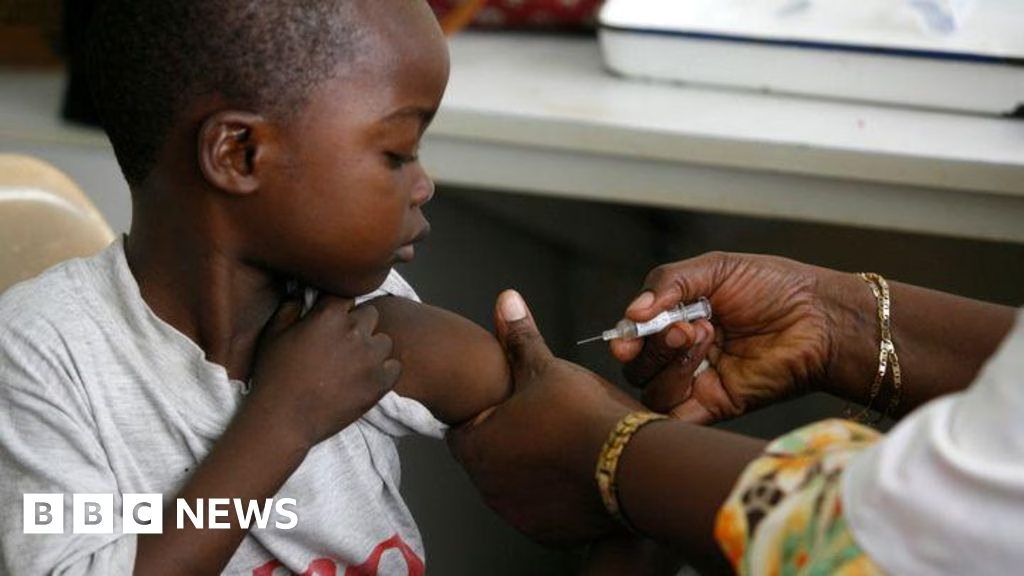A groundbreaking achievement in the fight against malaria has been realized with the approval of the first-ever malaria treatment tailored specifically for infants and very young children. This treatment, developed by Novartis, has been endorsed by Swiss authorities and is slated for distribution in African nations within a short timeframe. Prior to this innovation, there existed no malaria medications specifically for babies, forcing medical practitioners to administer drugs formulated for older children, thus risking overdose due to these medications being unsuitable for infants whose systems are still in the developmental stage.
In 2023, the latest available data, connected malaria to around 597,000 fatalities, with nearly all of these occurring in Africa and three-quarters affecting children below the age of five. The lack of age-appropriate malaria treatments has resulted in what experts term a “treatment gap,” particularly for babies weighing less than 4.5kg, or approximately 10lb, who had to be treated with medicines designed for older children, posing health risks due to inadequate dosing for their developing livers and differing metabolism of drugs.
Novartis plans to introduce this new medication, dubbed Coartem Baby or Riamet Baby in certain countries, on a predominantly non-profit basis, emphasizing a commitment to making the treatment accessible. The development of this drug was a collaborative effort with the Medicines for Malaria Venture (MMV), a non-profit Swiss organization funded initially by the British, Swiss, and Dutch governments, the World Bank, and the Rockefeller Foundation. Eight African countries participated in the assessment and trials of the drug and are expected to be among the first to access it upon its release.
The CEO of Novartis, Vas Narasimhan, highlighted the significance of this milestone, reflecting on over three decades of the company’s dedication to combating malaria, striving for scientific advancements in the areas most in need. The CEO of MMV, Martin Fitchet, underscored the importance of this approval, stating it marks another crucial step toward eradicating malaria’s substantial impact, providing a precisely dosed medication for a previously underserved patient group, and strengthening the arsenal against the disease.
Dr. Marvelle Brown, an associate professor at the University of Hertfordshire’s School of Health, Medicine, and Life Sciences, hailed this development as a major breakthrough, noting the alarming mortality rate of malarial infections, especially in sub-Saharan Africa, where over 76% of deaths occur in children under five years old. This overlooks the heightened vulnerability of infants with sickle cell disease due to compromised immune systems. Dr. Brown also pointed out that Novartis’ decision to market this as a non-profit could play a pivotal role in bridging healthcare inequalities.
Source: https://www.bbc.com/news/articles/c89e872jdjxo







